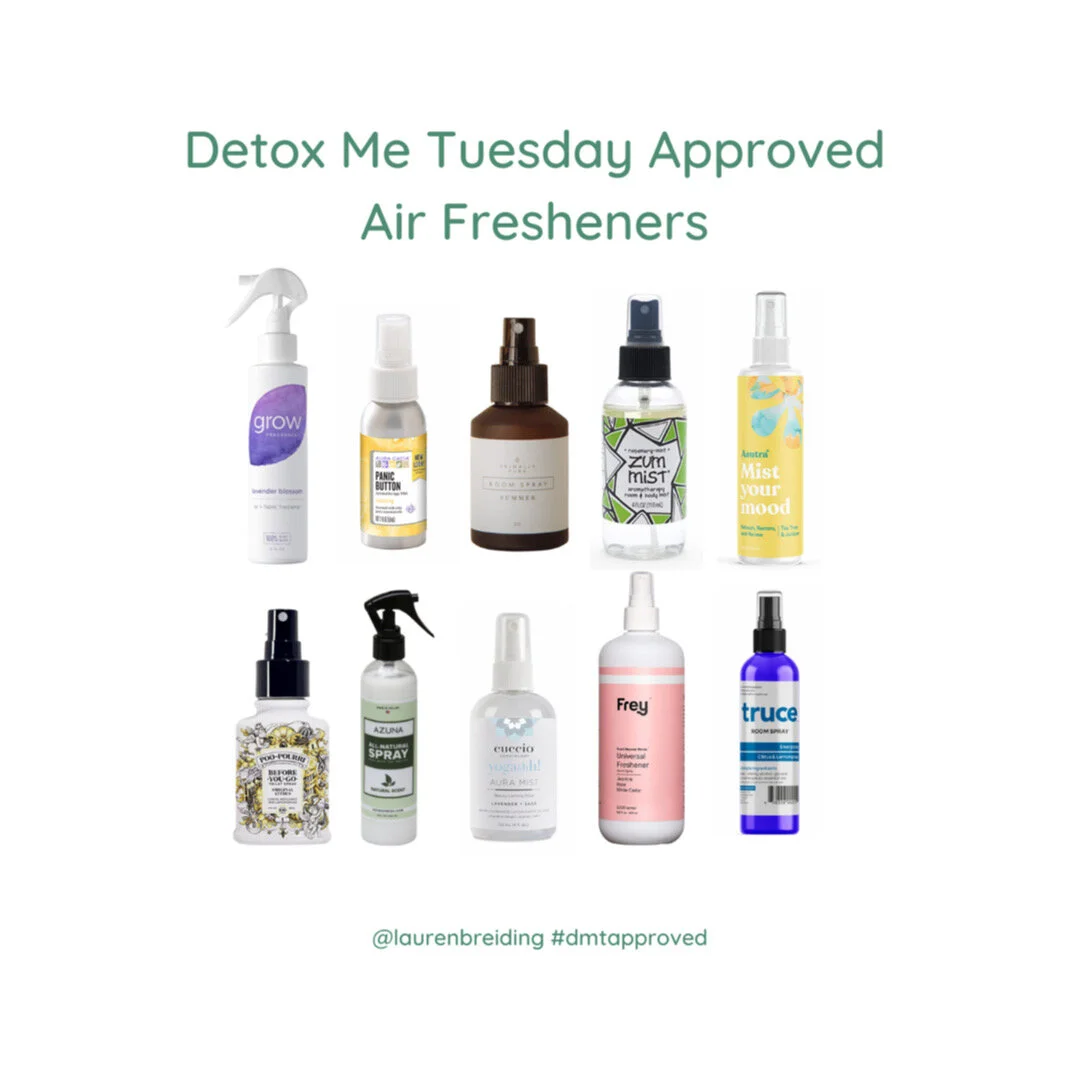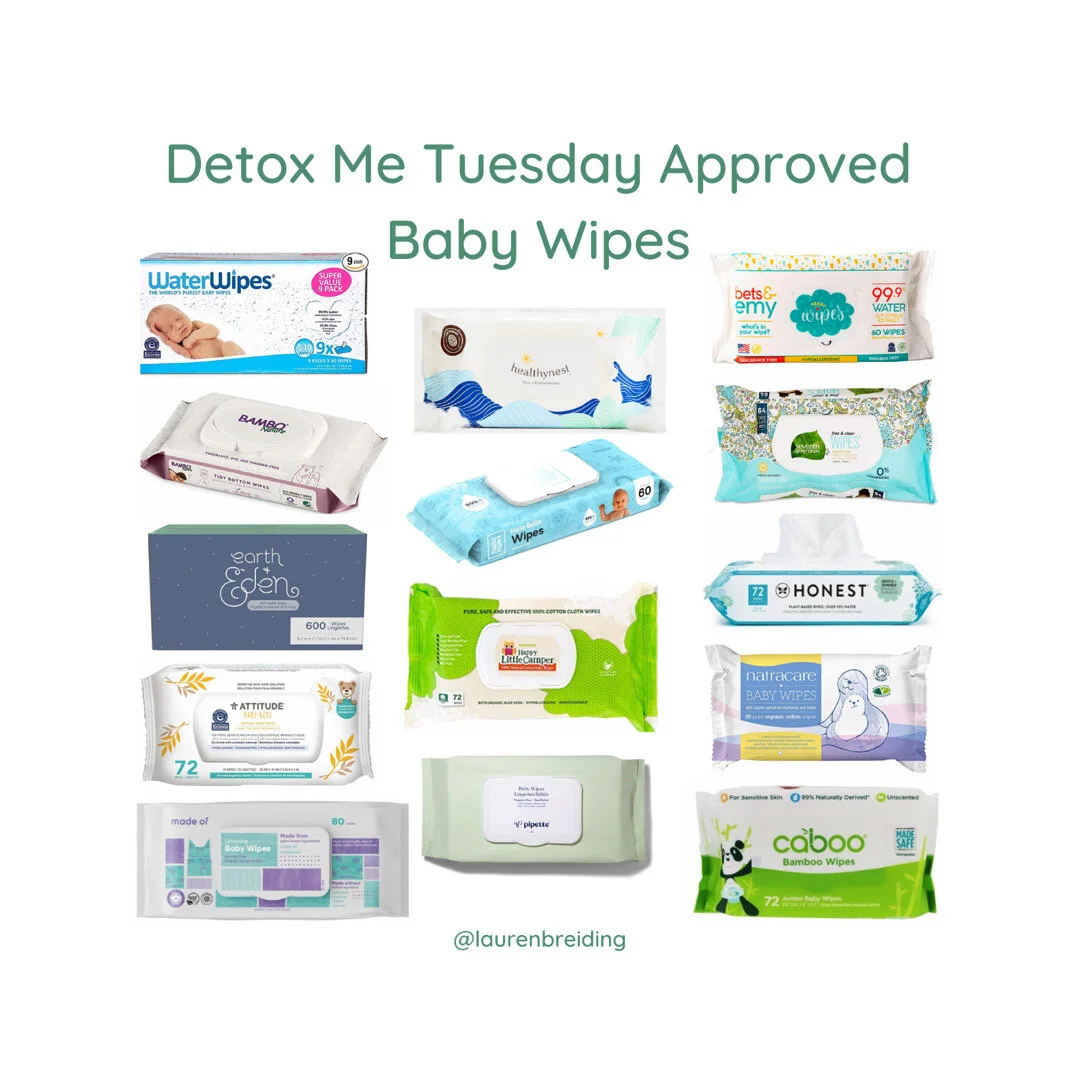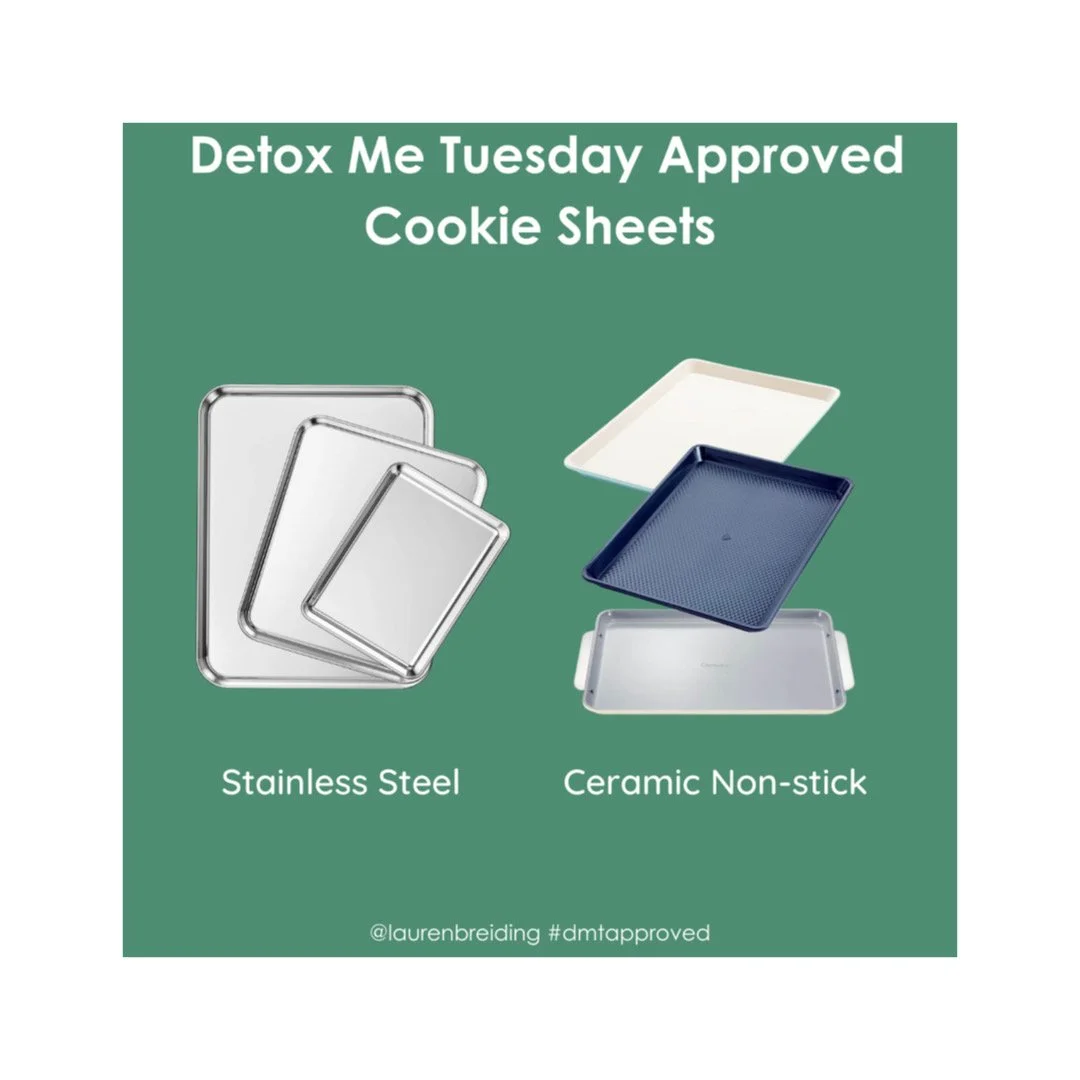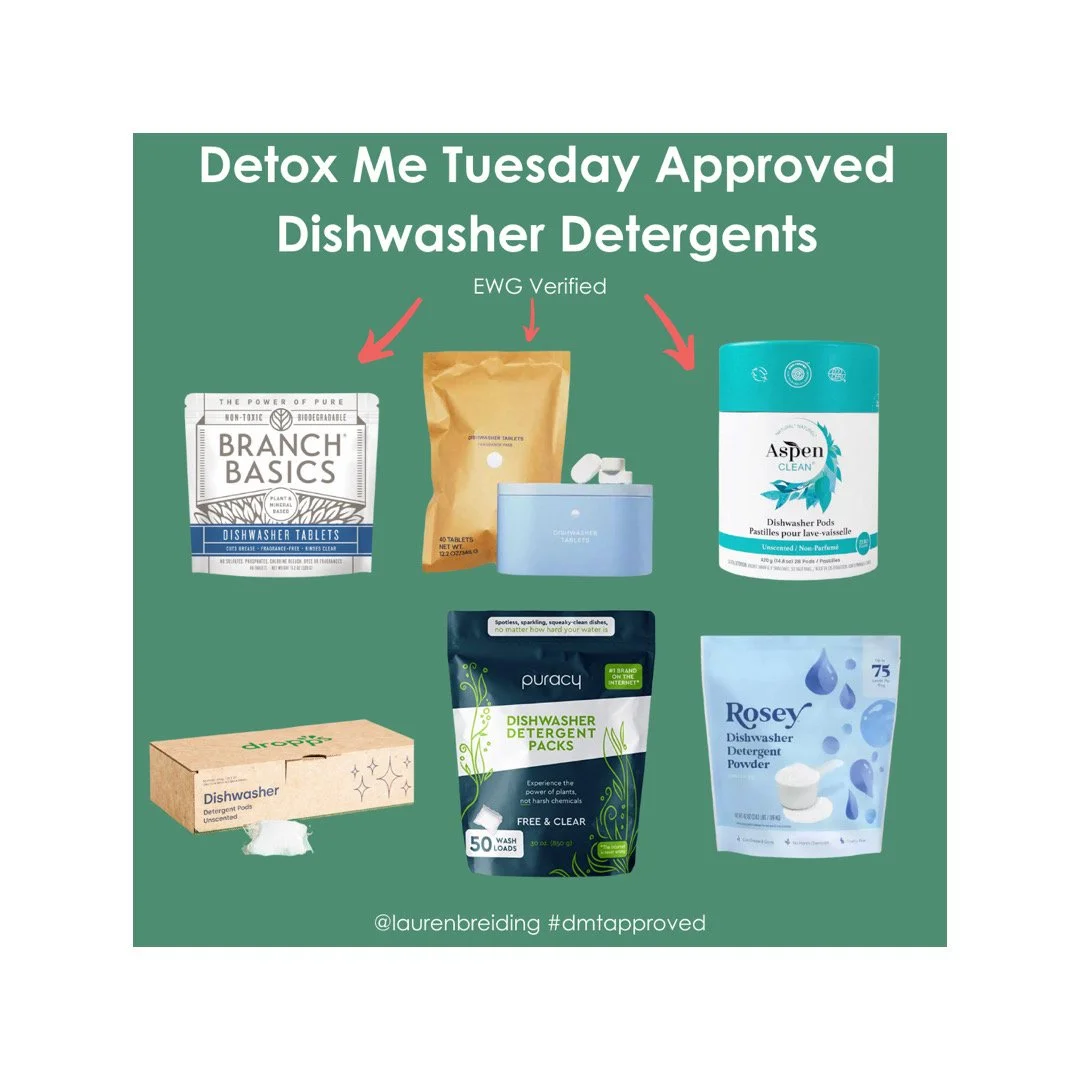Detox Me Tuesday Approved Liquid Dish Soap
Living in a big city and having lived in without a dishwasher many times I am very particular on my dish soap. I also know I use it all the time and that is covers all of our most used kitchen tools. Note the details surrounding SLS and SCS below. One note on SLES, which is why a few brands were not included. Sodium Laureth Sulfate comes from SLS, but it goes through a process called ethoxylation. This creates a strong chance of contamination with 1,4 dioxane which is a known carcinogen. This is the same risk we see in PEGs. More HERE and HERE. Pro Tip: always go for unscented options if you are sensitive to smells. All of these use essential oils or forms of natural fragrance.
Better Life: What I am currently using
9 Elements: Only 9 ingredients
Aspen Clean: EWG Verified
With Sodium Coco Sulfate which includes SLS as one of it’s components, but molecules are larger so do not penetrate the skin. SCS is also Ecocert approved.
A note on SCS:
“A very popular alternative is Sodium Coco Sulfate (or SCS), which is also approved by many certification bodies. What consumers (and many formulators!) don’t know however, is that SCS contains about 50% of SLS.
You see, SLS is one single molecule—sodium salt of lauric acid (a fatty acid from coconut) that also reacts with sulfuric acid to create a sulfate. SCS, on the other hand, is a mixture of sodium salts of all of the fatty acids that are present in coconut oil (and coconut oil contains about 50% lauric acid) that also reacted with sulfuric acid to create sulfate. To put it in other words—the production method (chemical part) is exactly the same for both surfactants. The only difference is the starting material. For SLS that is lauric acid only (a component of coconut oil), for SCS the starting material is coconut oil as a whole. That being said, the presence of other fatty acids makes SCS slightly less irritating than pure SLS.” From School of Natural Skincare
With SLS:
Seventh Generation: Note on their use of SLS HERE.
Biokleen: Their note on SLS:
Do any Biokleen products contain Sodium Lauryl Sulfate (SLS)?
There is an urban legend circulating on the internet in regards to the dangers of SLS, but there is no science or scientific studies that support these claims. In fact, even the American Cancer Society states that SLS is not a carcinogen on their website. There are studies that indicate that SLS can be an irritant when used in leave-on applications but there is absolutely nothing scientific indicating that SLS causes cancer. Biokleen only uses SLS in rinse-off applications, uses it only in minute quantities, and does not use SLS as a primary surfactant, but the SLS used is an effective cleaner that is 100% plant-based and readily biodegradable. Biokleen’s formulas/ingredients have been third-party reviewed for environmental and human safety as well as for efficacy. Biokleen has SKUs with and without SLS.








